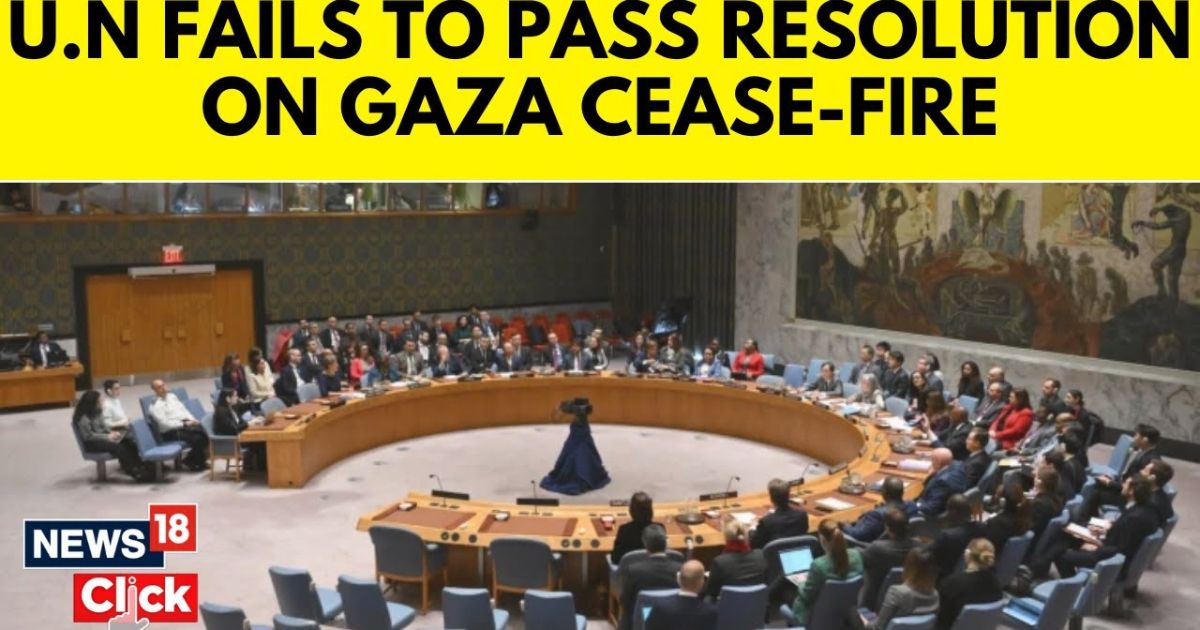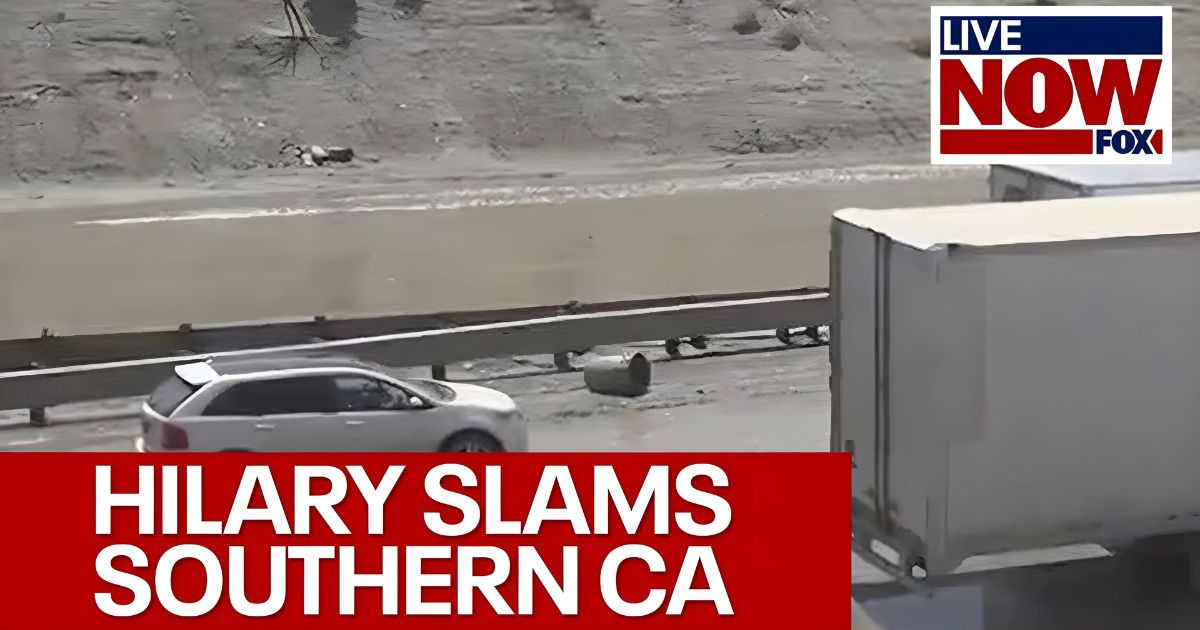Introduction
The ongoing conflict between Israel and Hamas in Gaza has reached a critical juncture. The United Nations Security Council recently faced a pivotal moment when a U.S backed UN Resolution for Gaza Cease-Fire Fails for an immediate and sustained cease-fire. Unfortunately, this resolution was not passed due to veto actions by Russia and China, both of which are permanent members of the Security Council.
Read More: Digital News Planet
UN Resolution for Gaza Cease-Fire Fails
The U.S.-led resolution aimed to end the hostilities that have plagued the region. It called for an immediate cessation of violence between Israel and Hamas, recognizing the urgency of the situation. However, despite international pressure and humanitarian concerns, the resolution failed to garner the necessary support within the Security Council.
UN Resolution for Gaza Cease-Fire Fails: Obstacles and Stakes
Displaced Palestinians in Northern Gaza
One of the critical points of contention revolves around whether displaced Palestinians in the northern Gaza Strip should be allowed to return to their homes. This issue has become a significant obstacle to achieving a cease-fire. The city of Rafah, in southern Gaza, shelters over a million people who are caught in the crossfire of the conflict. Israel’s stated intention to invade Rafah further complicates the situation.
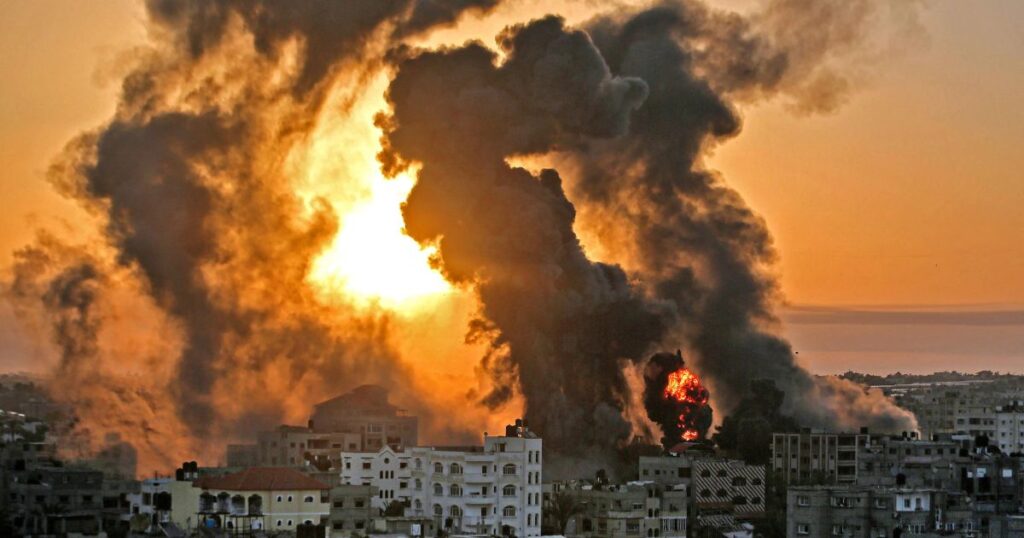
Veto Actions by Russia and China
The resolution needed at least nine out of the 15 Security Council members to vote in favor of passing. Additionally, it required that the U.S., France, Britain, Russia, and China refrain from vetoing it. Unfortunately, Russia and China exercised their veto power, preventing the resolution from moving forward. This decision reflects the geopolitical complexities surrounding the Israeli-Palestinian conflict and the differing interests of significant powers.
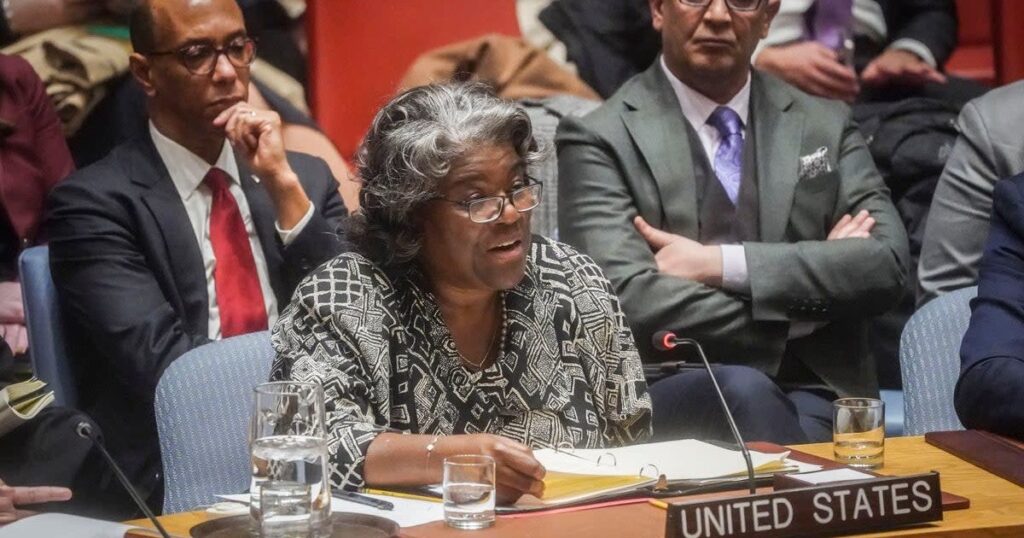
Humanitarian Crisis and Famine Warning
The Integrated Food-Security Phase Classification (IPC) has issued a dire warning: People in northern Gaza are on the brink of famine due to aid shortages. The war has disrupted essential supplies, leaving vulnerable populations in desperate need. The situation is urgent, and any delay in addressing it could have devastating consequences.
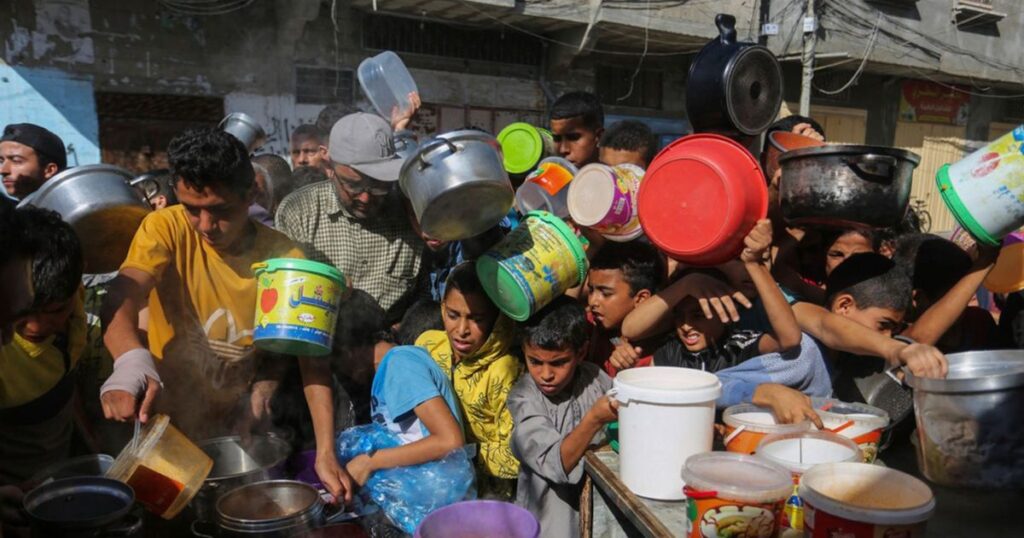
Peace Talks and Diplomatic Efforts
Despite the setback at the Security Council, peace talks continue. Mediators, including CIA Director William Burns and David Barnea (head of Israel’s Mossad spy agency), are actively engaged in seeking a resolution. Secretary of State Antony Blinken expressed cautious optimism, stating that the gaps between Israel and Hamas are narrowing. However, he refrained from providing a specific timeline for a potential cease-fire.
Challenges Ahead
The main barriers to a lasting deal include Israel’s commitment to continue the war after a temporary pause and Hamas’ demand for a permanent cease-fire along with the withdrawal of Israeli troops from Gaza. The situation remains complex, with civilian casualties mounting in Gaza. The invasion of border communities in southern Israel by Hamas and other militants has also taken a toll.
Conclusion
The failure of the UN resolution underscores the urgency of finding a peaceful solution to the conflict. As negotiations persist, the international community must redouble its efforts to bridge the gaps and prevent further loss of life. The fate of Gaza hangs in the balance, and the world watches closely as diplomats strive for a breakthrough.

